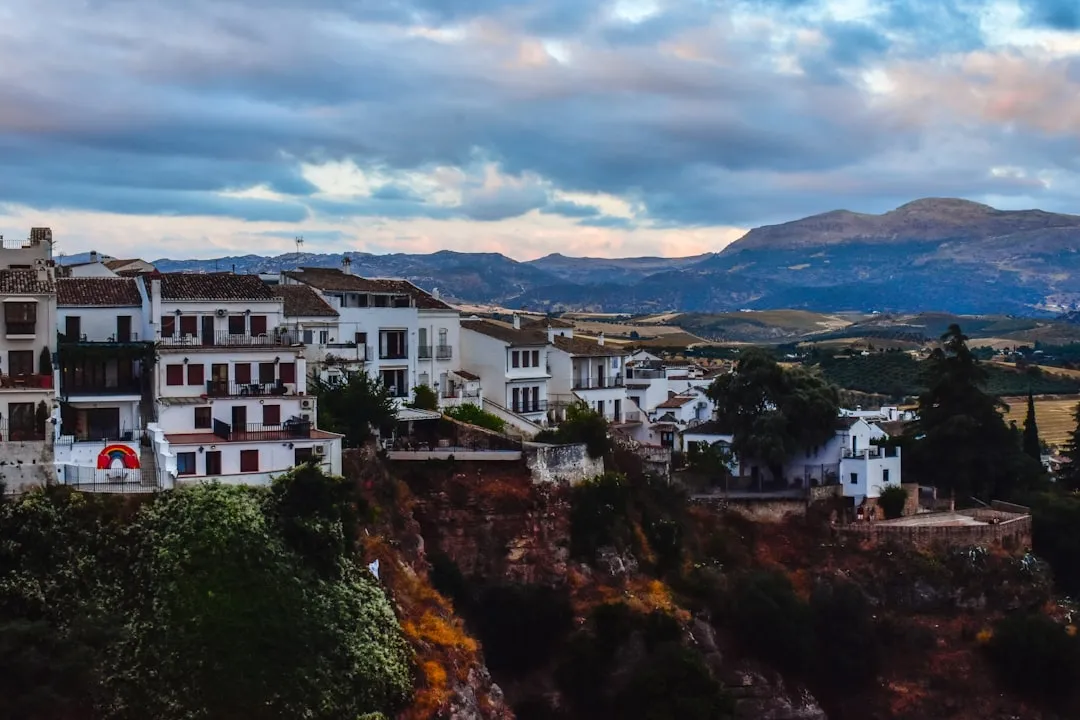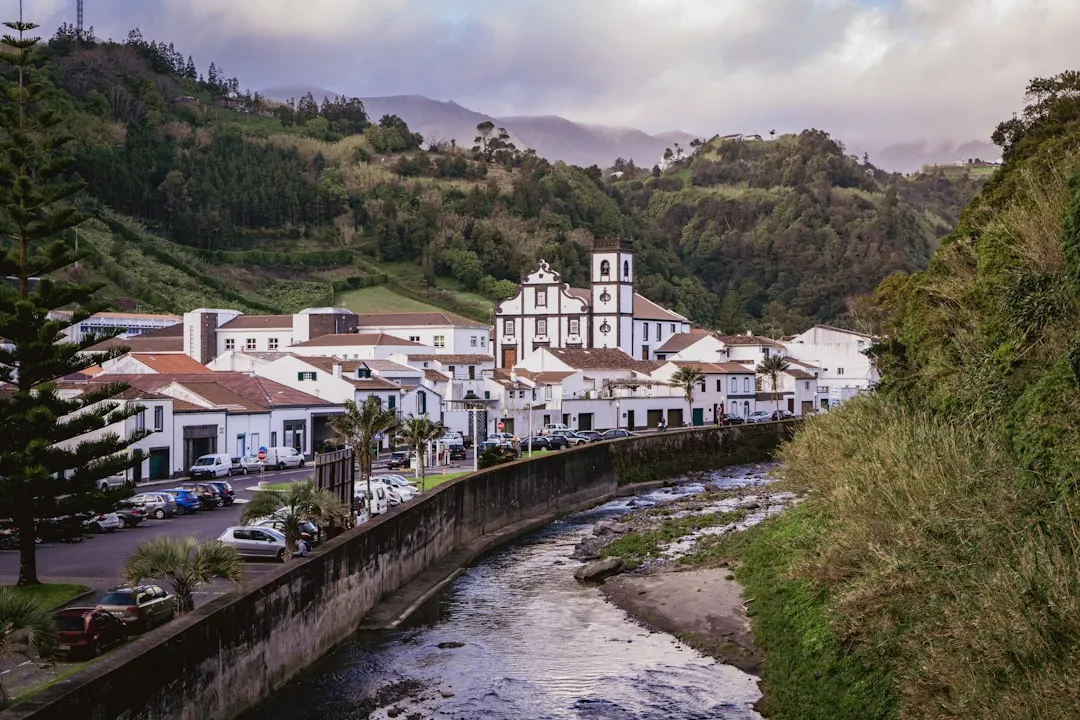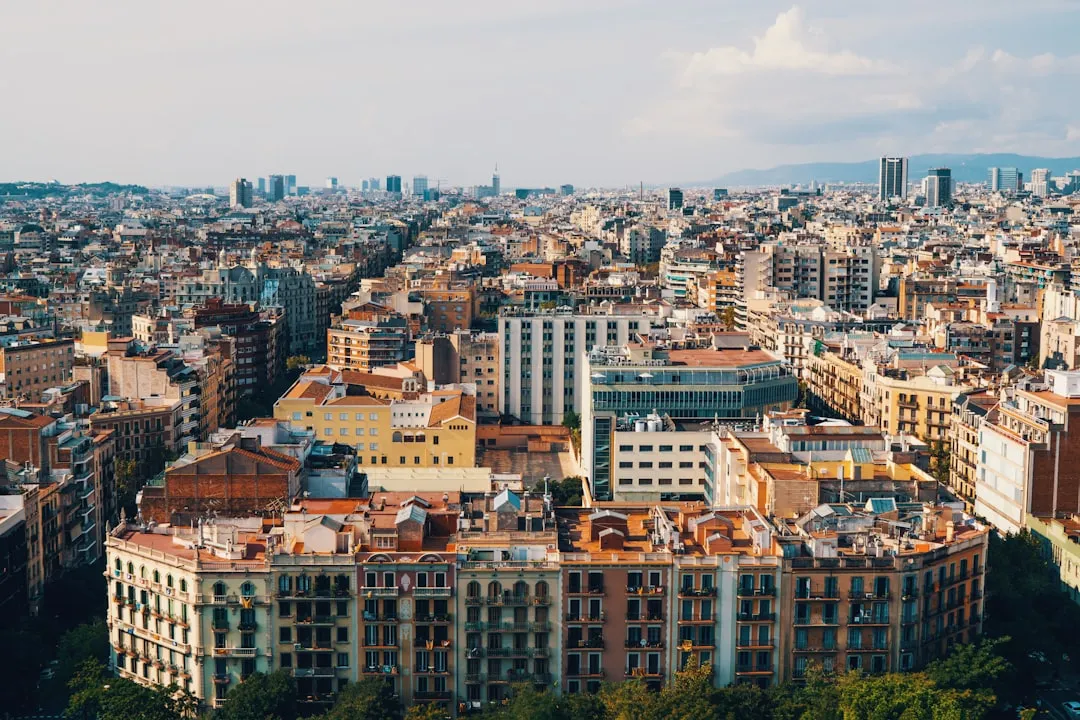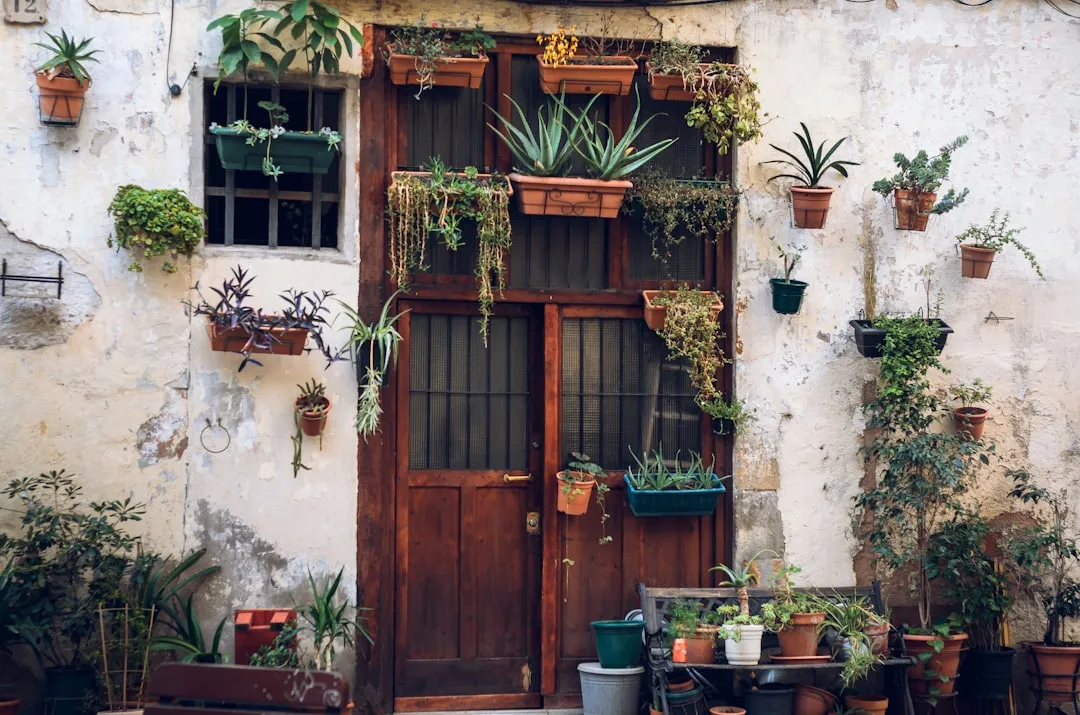Spain is a country of incredible diversity, with bustling cities, quiet rural villages, and everything in between. Deciding where to live in Spain—whether in an urban environment or a rural setting—can be a tough choice. Both lifestyles offer their own unique benefits and challenges. Whether you're a digital nomad, retiree, or a family looking to relocate, it's important to weigh the pros and cons of each lifestyle before making your decision.
Urban Life in Spain
Spain’s cities are known for their vibrancy, culture, and endless opportunities. The urban lifestyle provides easy access to modern amenities, cultural attractions, and job opportunities, making cities ideal for those seeking a dynamic environment.
Pros of Urban Living
- Cultural and Social Opportunities: Spanish cities are cultural hubs with an array of museums, theaters, galleries, and festivals. From the world-renowned Prado Museum in Madrid to the stunning Sagrada Familia in Barcelona, urban dwellers are surrounded by art, history, and architecture.
- Public Transportation: Cities like Madrid, Barcelona, and Valencia have excellent public transportation systems, reducing the need for a car. The metro, buses, and trains make commuting and travel convenient.
- Diverse Food and Dining Options: In urban settings, you’ll find a wide range of dining options, from local tapas bars to international cuisine. Cities are also home to Spain’s famous markets, such as Mercado de la Boqueria in Barcelona, offering fresh, local produce.
- Job and Business Opportunities: Spain’s cities are economic centers, offering numerous employment opportunities across various industries, including finance, technology, and tourism. Expats often find it easier to secure work or start businesses in cities where the job market is more dynamic.
- Entertainment and Nightlife: From concerts and clubs to live theater and sporting events, Spain’s urban centers offer endless entertainment options.
Cons of Urban Living
- Cost of Living: The cost of living in Spain’s major cities is significantly higher than in rural areas. Madrid and Barcelona, in particular, have higher housing costs, as well as pricier dining and entertainment.
- Crowds and Noise: Cities are busy, and that can mean more noise, traffic, and crowds. If you're seeking peace and tranquility, city life may feel overwhelming at times.
- Limited Green Spaces: While cities do have parks and recreational areas, they can be limited compared to the natural surroundings of rural areas.
Best Cities for Urban Life in Spain
- Madrid: Spain's capital, Madrid, offers a mix of historical charm and modern infrastructure. With world-class museums, vibrant nightlife, and a cosmopolitan atmosphere, Madrid is ideal for those seeking an exciting urban experience.
- Barcelona: Known for its stunning architecture, Mediterranean beaches, and thriving tech scene, Barcelona is a great option for those looking to combine work with leisure.
- Valencia: With a lower cost of living compared to Madrid and Barcelona, Valencia offers a more relaxed city vibe, beautiful beaches, and excellent food, including the birthplace of paella.
- Seville: Seville blends historical Andalusian charm with a laid-back lifestyle. It’s known for its warm weather, stunning architecture, and vibrant festivals.
Rural Life in Spain
In contrast, rural Spain offers a slower, more peaceful pace of life, with a focus on nature, community, and tradition. The countryside has an allure for those who want to escape the hustle and bustle of city life and connect with nature.
Pros of Rural Living
- Tranquility and Space: Living in rural areas means less noise, fewer crowds, and more space. The serene environment can reduce stress and provide a greater sense of calm and well-being.
- Lower Cost of Living: Housing and daily expenses are generally more affordable in rural areas. You can often find charming, traditional homes at a fraction of the price you would pay in a city.
- Connection to Nature: Rural Spain offers access to some of the country’s most beautiful landscapes, from the rolling hills of Andalusia to the rugged mountains of Galicia. Outdoor enthusiasts can enjoy hiking, cycling, and other activities in the natural surroundings.
- Sense of Community: Rural life often fosters a closer-knit community. In smaller villages, people tend to know each other, and community gatherings and traditions are integral to life.
Cons of Rural Living
- Limited Job Opportunities: Rural areas generally have fewer job opportunities, particularly in industries like technology and finance. Many expats working remotely choose rural areas for the peaceful lifestyle but must ensure reliable internet access.
- Limited Amenities and Services: You might have fewer dining, shopping, and entertainment options compared to the cities. Healthcare services can also be more difficult to access in some rural areas.
- Transportation: Without the extensive public transport options found in cities, owning a car may be necessary to get around in rural areas.
Best Areas for Rural Life in Spain
- La Alpujarra (Andalusia): This picturesque mountain region, with its whitewashed villages and stunning landscapes, offers a peaceful escape from the modern world. The area is perfect for nature lovers and those looking to experience traditional Andalusian life.
- Picos de Europa (Asturias): For those who love the outdoors, the Picos de Europa in northern Spain offer dramatic mountain scenery, hiking trails, and quiet rural villages.
- Rías Baixas (Galicia): Known for its beautiful coastline and lush green hills, this region offers a relaxed rural lifestyle with access to Spain’s best seafood and traditional Galician culture.
- Teruel (Aragon): One of Spain’s least populated regions, Teruel is a hidden gem for those looking for a quiet, countryside retreat. The area is known for its medieval architecture and peaceful landscapes.
A Middle Ground: Small Towns and Suburbs
If you're torn between urban excitement and rural tranquility, small towns and suburban areas can offer the best of both worlds. Many smaller towns are close to major cities, providing easy access to urban amenities while still offering a quieter lifestyle. Suburban areas around Madrid, Barcelona, or Valencia are ideal for families and expats who want more space but still need proximity to the city.
Conclusion
Choosing between urban and rural life in Spain depends on your priorities and lifestyle. Urban life offers excitement, culture, and convenience, while rural life promises tranquility, nature, and a stronger sense of community. Whether you prefer the fast-paced city streets of Madrid or the peaceful countryside of Galicia, Spain’s diverse regions offer something for everyone. For those who want the best of both worlds, small towns and suburbs can strike the perfect balance.




